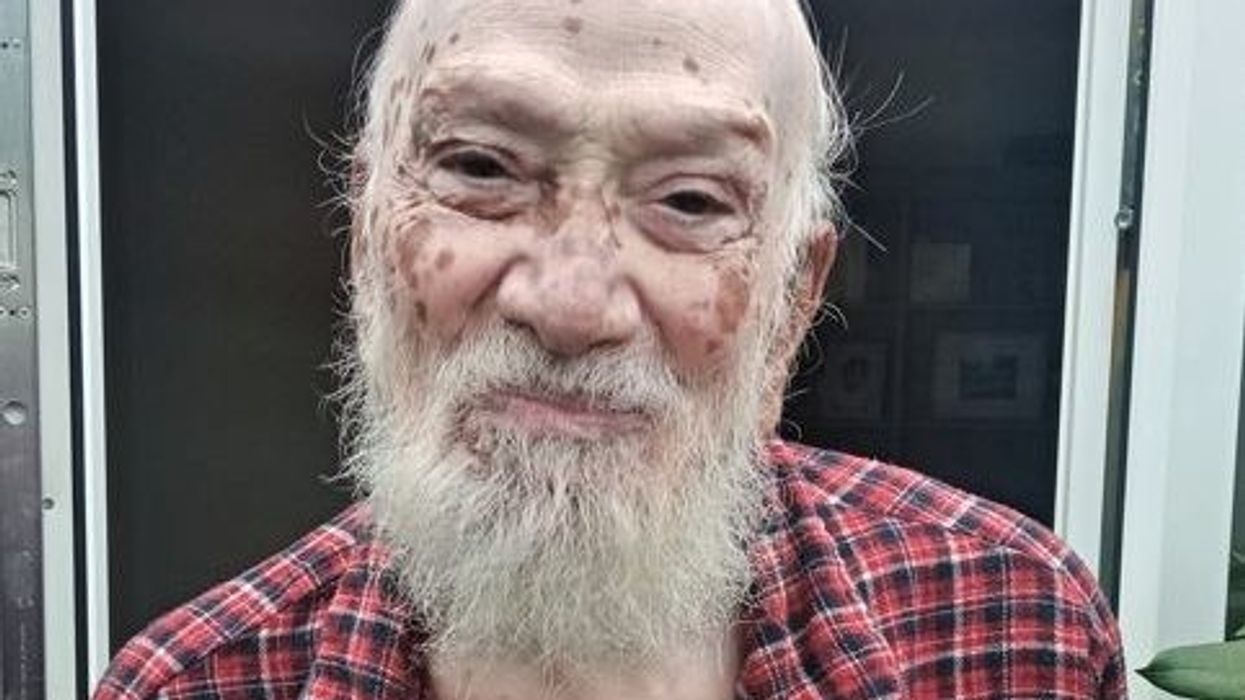PROF CV Ramakrishnan, who once headed the department of biochemistry at the Maharaja Sayajirao University of Baroda, Gujarat, is 97, but still sprightly and full of fun. He is now a little unsteady on his feet, but until recently thought nothing of walking eight miles a day.
I paid him a courtesy call last week on a visit to Cambridge where he lives next door to his daughter, Lalita Ramakrishnan, professor of immunology and infectious diseases at the university.
I asked him how he felt when his son, Prof Sir Venkatraman Ramakrishnan, who is based at the Laboratory of Molecular Biology in Cambridge, won the 2009 Nobel Prize for chemistry. He said he wasn’t surprised because Venki had won the prestigious Heatley Medal of the British Biochemical Society in 2008, “but when I think of him as a small boy running around, climbing trees…”
I said I had heard of the father’s culinary skill, whereupon he got up, went into the kitchen and was the perfect host in giving me scoops of the excellent mango, chocolate and vanilla icecream he had made himself. The trick to making perfect icecream, he said, was to follow the recipe like a chemistry experiment.




